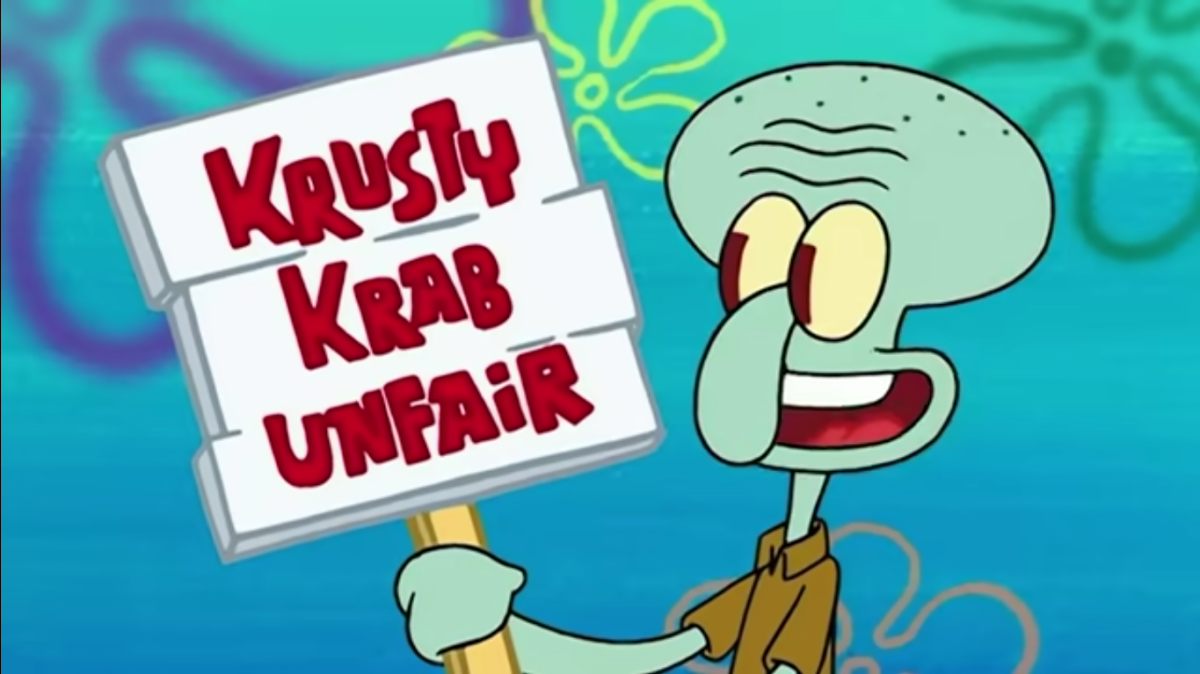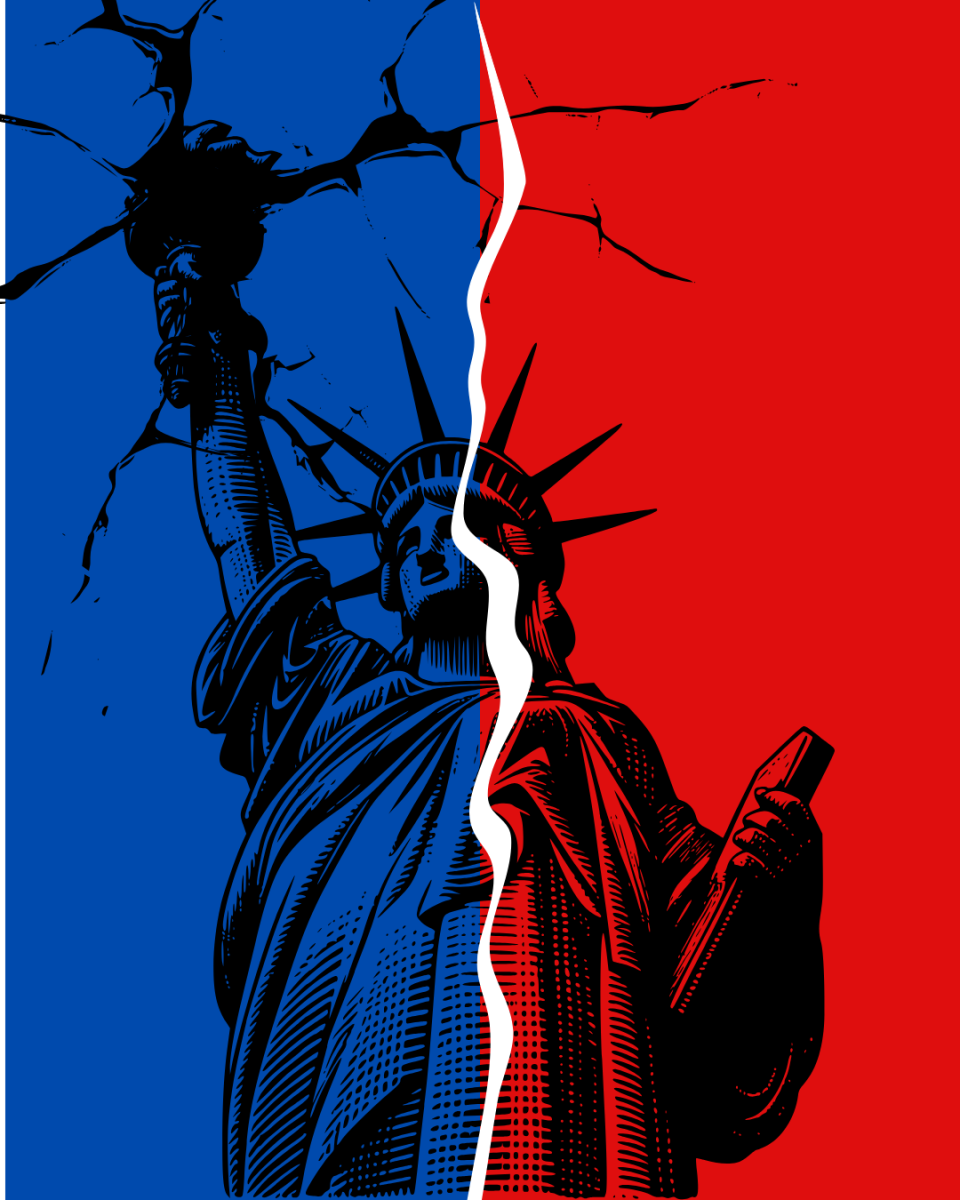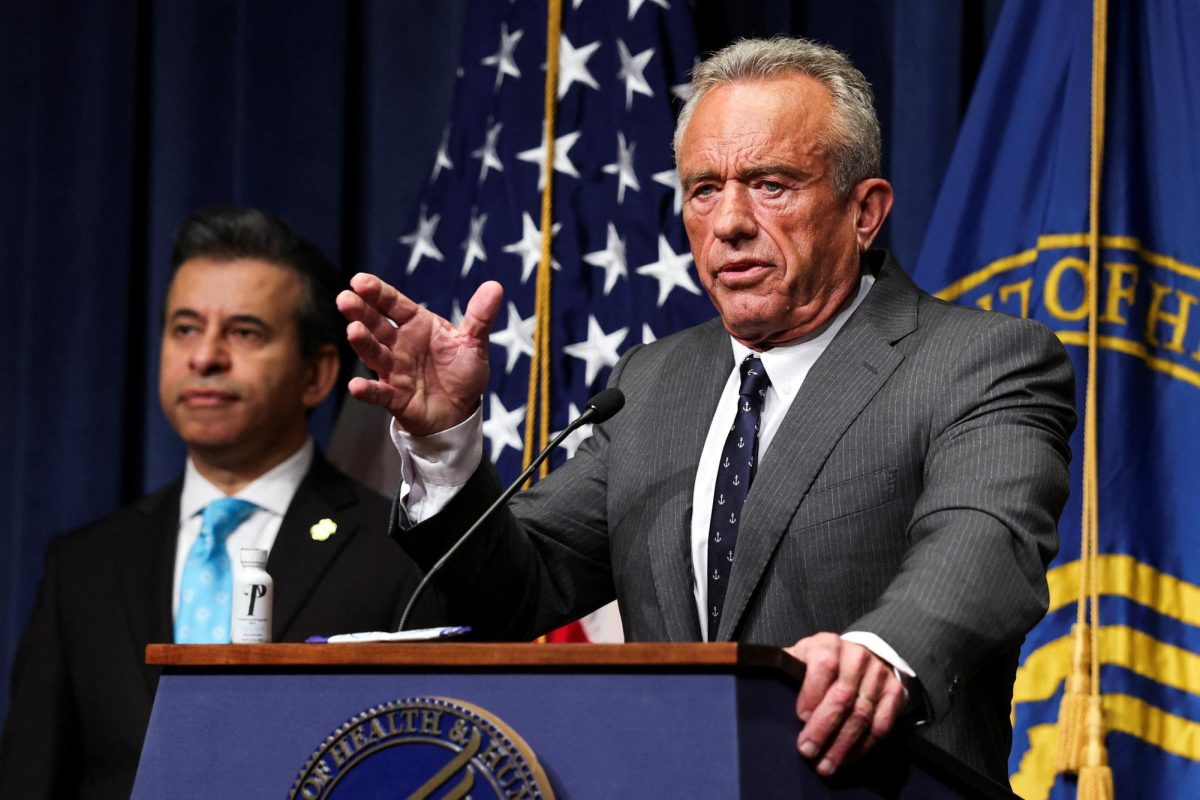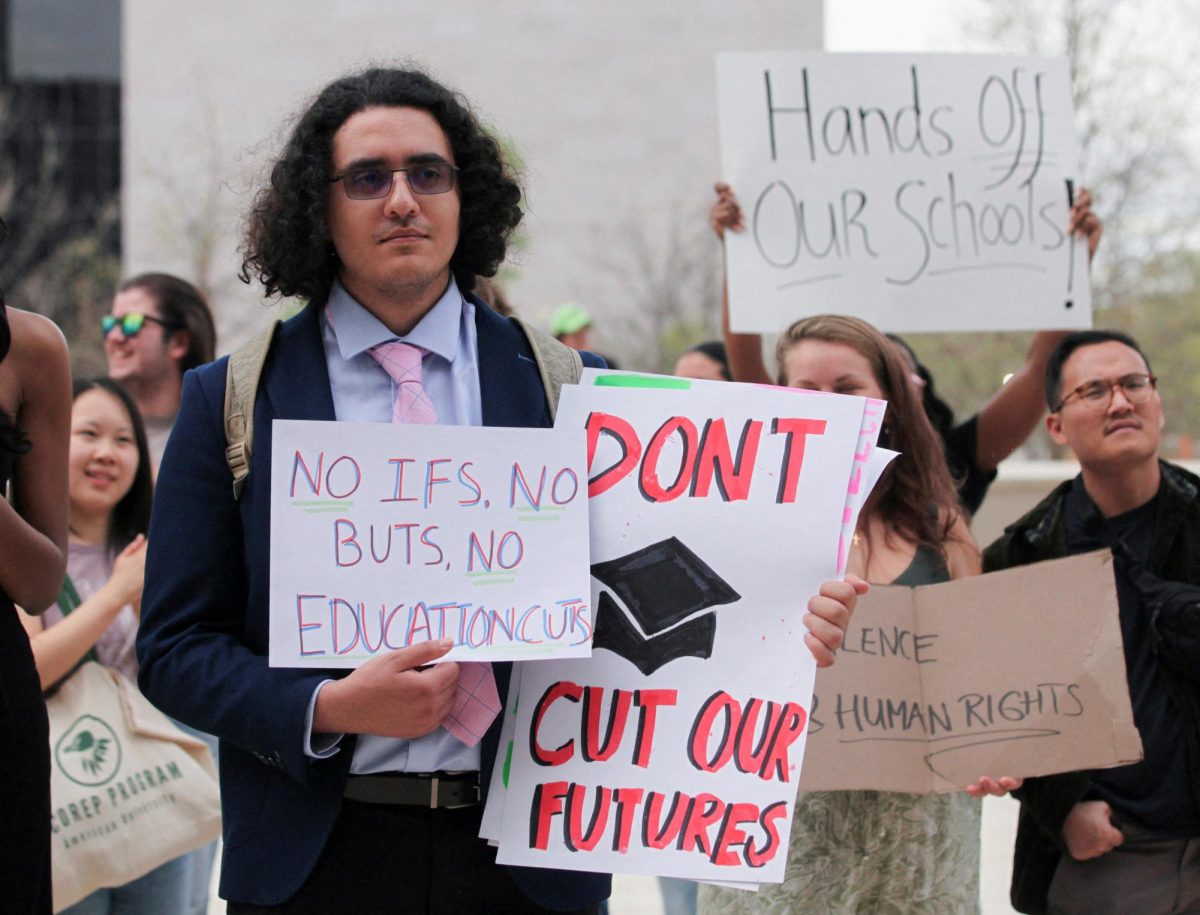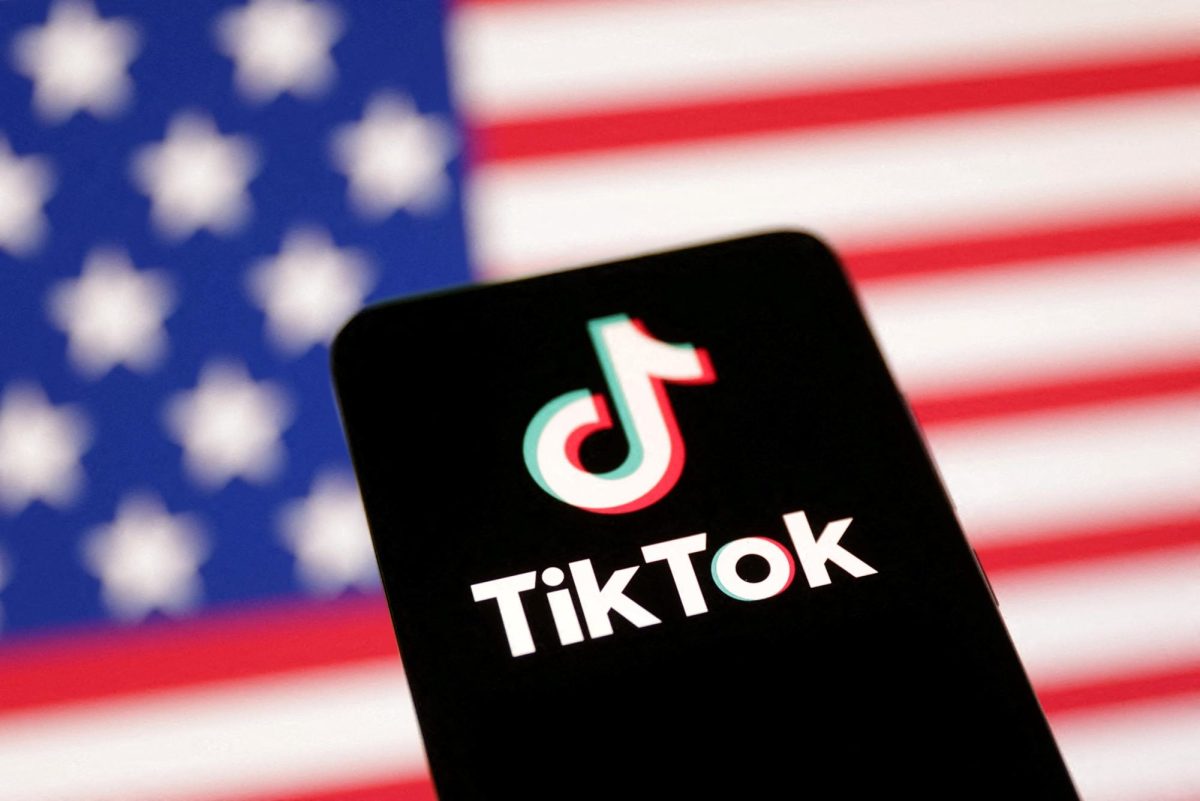When you think about Nickelodeon, you may think about “Dora the Explorer” with its silly questions and unique adventures, or “SpongeBob SquarePants” with an animated sponge jellyfishing and its chaotic underwater nonsense. But beneath the colorful backgrounds of many Nickelodeon cartoons is something most of us didn’t notice when we were kids. That was the portrayal of working-class life.
Unlike most cartoons of the 1990s, “Hey Arnold!” did not hide the troubles of reality. Arnold lived with his grandparents in a boarding house called Sunset Arms, which already showed financial strain in the show. The boarding home symbolizes financial hardship, with various families struggling to make ends meet and relying on communal resources.
Helga Pataki, a character from the show “Hey Arnold!”, doesn’t really show the financial hardship of reality, but does show neglect. Helga’s father is the owner of Big Bob’s Beepers, but her mother, Miriam Pataki, is shown as an alcoholic who suffers from depression.
For the character SpongeBob, it’s a different story. SpongeBob has worked the same minimum wage job at the Krusty Krab forever. He is constantly overworked because he gets no vacation time, but he is still the happiest sponge in the sea.
His boss, Mr. Krabs, is the walking symbol of capitalism. A crab who is obsessed with money, cutting money off their paychecks and getting every last bit of labor from his workers. He once even fired SpongeBob to avoid giving him a raise in the episode “SpongeBob You’re Fired.” With SpongeBob getting fired, this led the sponge to find new employment at other restaurants.
Squidward, on the other hand, is burnt out from all the chaos that goes on in the Krusty Krab; from being stuck with the sponge he hates, to being completely ignored by Mr. Krabs because he cannot spare another dime on a different employee.
Nickelodeon may not directly set out to the economic world, but its cartoons capture and show the real-world problems that many families or individuals go through. A chaotic, unfair world where people work hard to just get left behind. Cartoons show the struggles of the financial pressures and challenges faced by countless people in the real world, from dull wages to job insecurity, all while maintaining a sense of humor in the end.

